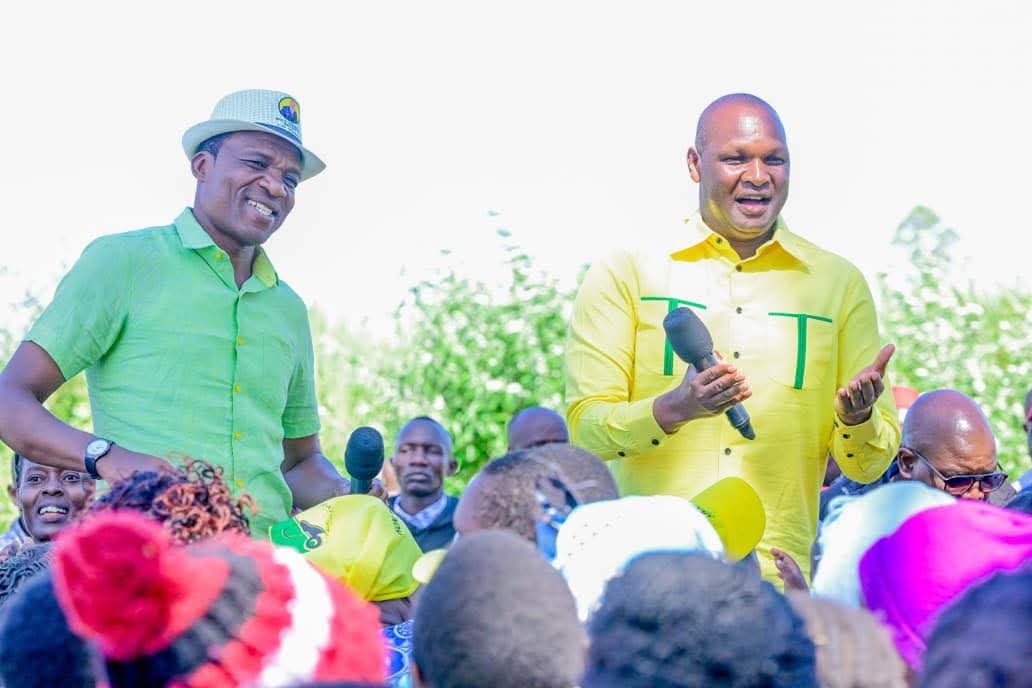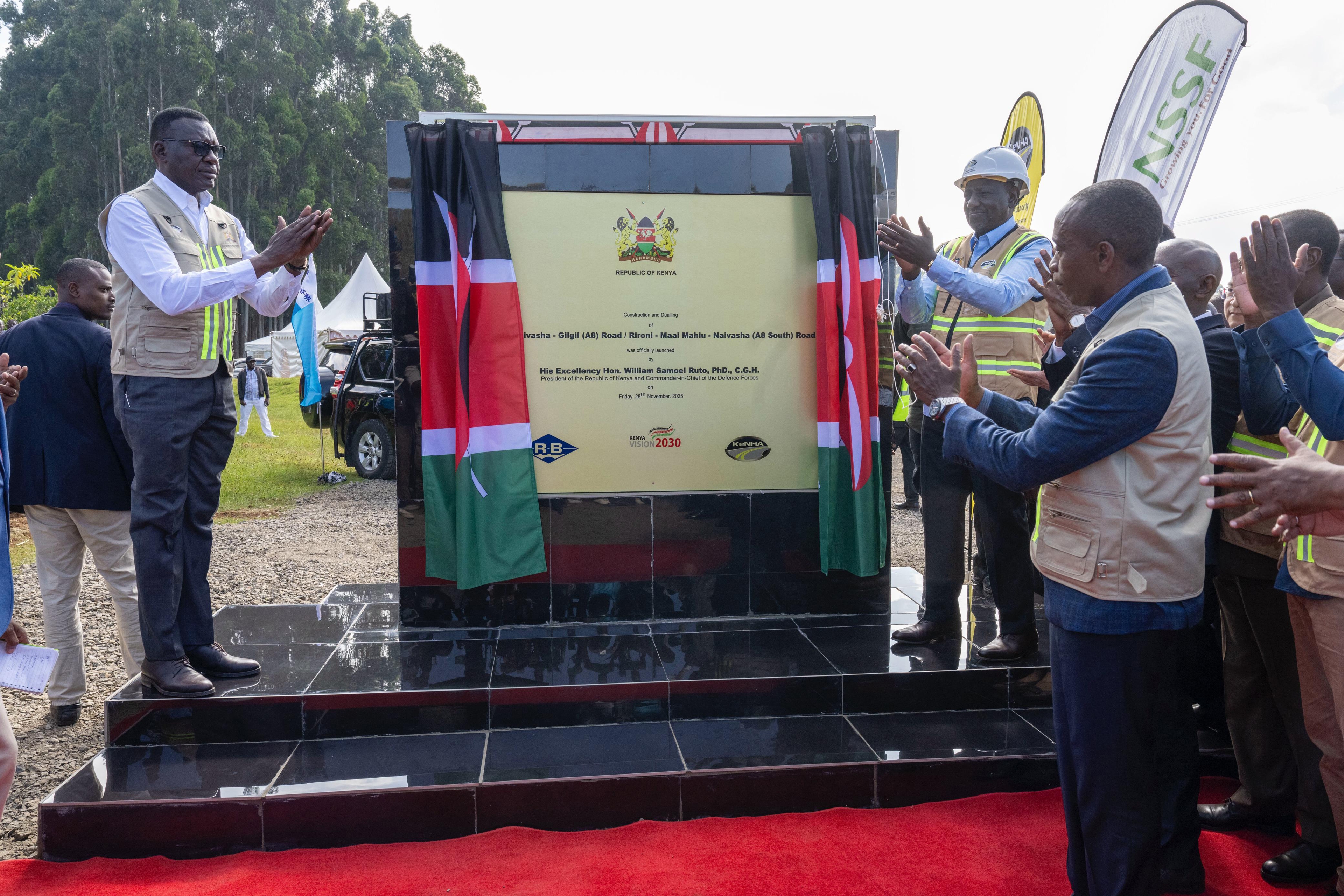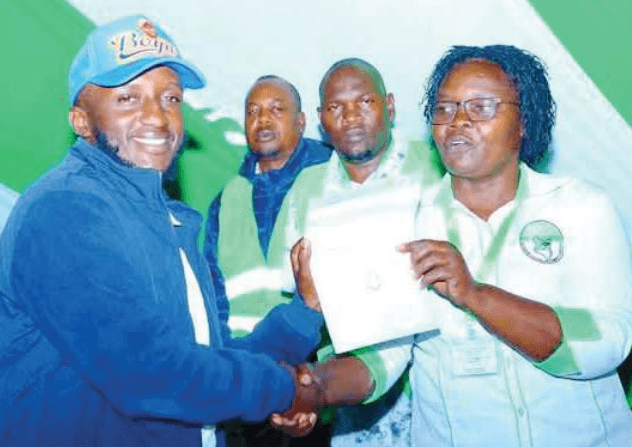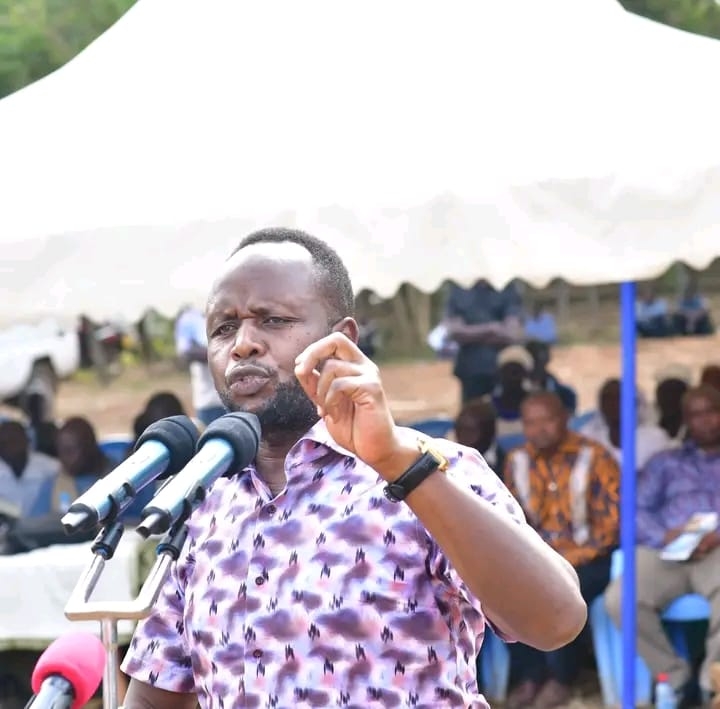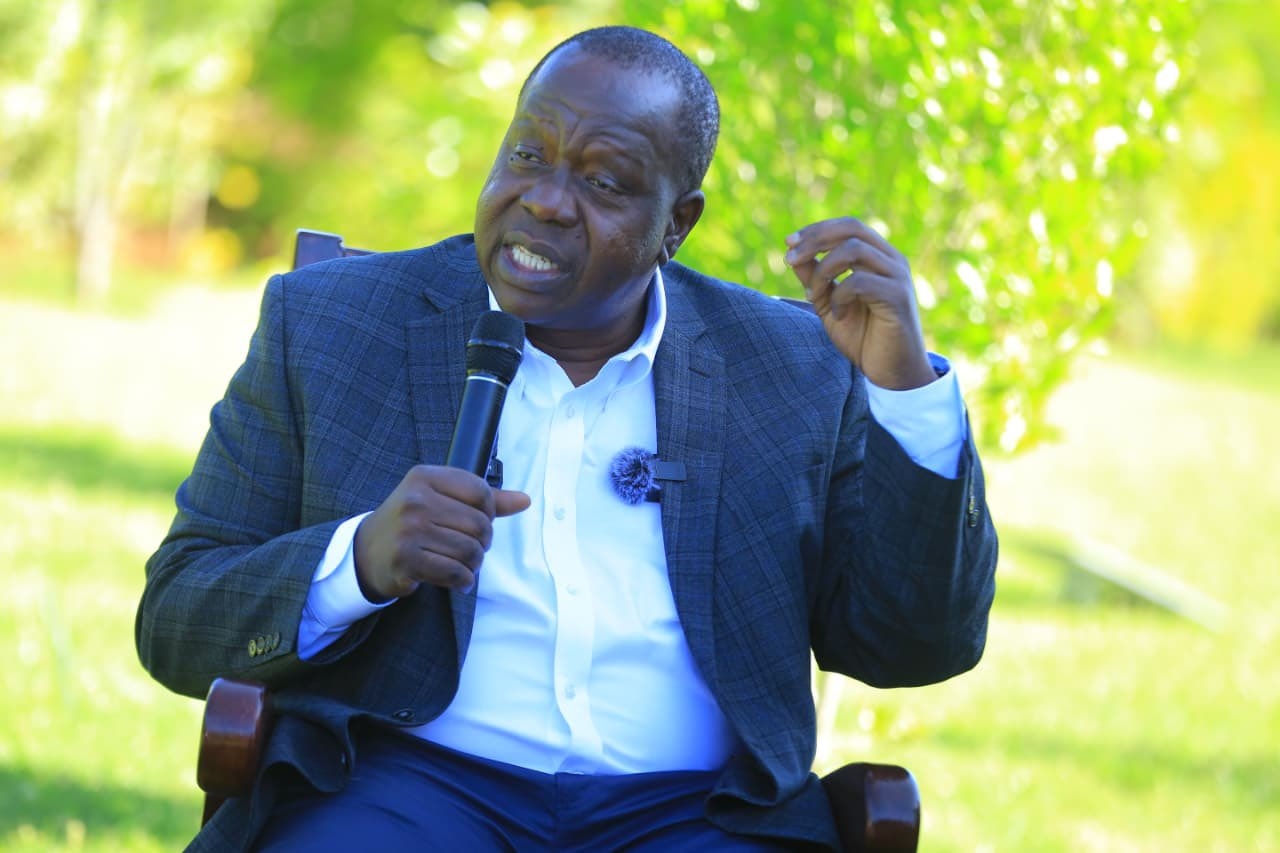Kenyans residing in rural areas might be forced to dig deeper into their to access healthcare services.
This is after healthcare facilities operating in rural areas threatened to begin charging for beneficiaries of Linda Mama, Edu Afya and police officers who rely on their services.
The facilities under the umbrella of the Rural Private Hospitals Association of Kenya decried the failure of some insurers to remit funds on time.
In a statement, they have given the insurers 10 days to pay Sh5 billion of unpaid funds or else they transfer the new bills to patients which will be Sh1,000 per visit.
The association's national chairman Dr Brian Lishenga said since December 2022 only 30 per cent of submitted claims under two insurance consortiums have been paid.
“Hospitals in the rural parts of Kenya are closing, workers have gone for three months or more without salaries, auctioneers are at the doors of those hospitals,” Lishenga said.
According to the official, the situation is so dire that the facilities whether private or public have run out of drugs and other essential commodities.
“One insurer has not paid medical provider Sh15 billion, this is the amount of money which Kenyans are paying through contributions but when they come to the hospital they question why they are not getting the services that they deserve,” he said.
He said their attempt to solve the matter amicably has failed, leaving them with no choice but to activate clause 2.13 of their contract with the insurer about top-up payment.
The clause stipulates that for any uncovered medical claims, on consent, the hospital may request the beneficiary to top up payment.
Lishenga said even though the contract says claims should be paid within 90 days, they are still demanding claims dating back to eight months, with one other dating back to 2019.
“From May 1 if these claims are not settled we have no option but to ask Kenyans to go into their pockets so that we can be able to pay our workers and buy drugs so that when you go to the hospital you can be guaranteed that you will come out safely,” he said.
They however said they remain committed to offering the best healthcare possible to Kenyans as they await any possible feedback from the parties involved.




